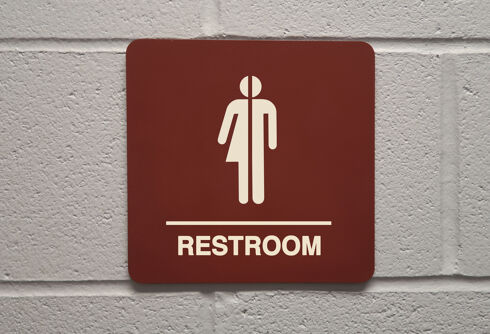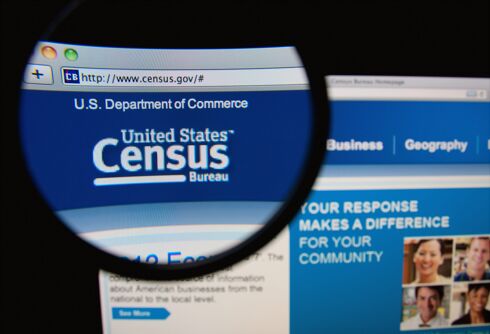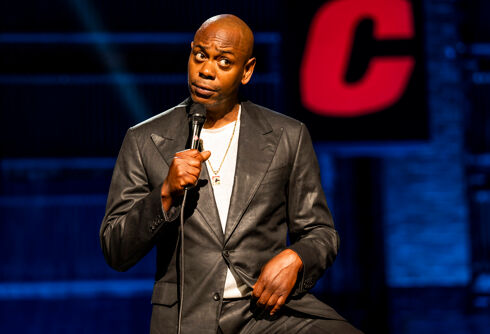RALEIGH, N.C. — Statewide LGBT advocacy and education group Equality North Carolina has released new data from a recent Elon University poll showing a majority of North Carolinians oppose an anti-LGBT state constitutional amendment that would ban marriage, civil unions and domestic partnerships for same-sex couples.
 The new data contradicts an earlier poll by Durham’s Public Policy Polling and demonstrates opposition to the amendment from a majority of North Carolinians of all ages and races.
The new data contradicts an earlier poll by Durham’s Public Policy Polling and demonstrates opposition to the amendment from a majority of North Carolinians of all ages and races.
On Oct. 12, Public Policy Polling released the results of a Sept. 30-Oct. 3 poll of 671 primary voters that showed the amendment leading 61-34 percent. The Elon University poll, which surveyed voters and non-voters alike, was conducted Sept. 25-29 and showed 56 percent opposed to the amendment.
Of particular note is high opposition to the amendment from African-American voters. Sixty-six percent of African-Americans polled by Elon are opposed to the amendment. Sixty-nine percent favor some sort of legal recognition of same-sex couples’ relationships.
Never Miss a Beat
Subscribe to our newsletter to stay ahead of the latest LGBTQ+ political news and insights.
North Carolina House Republicans have attempted to sway the black vote, largely seen as socially conservative, in favor of the amendment. In September, North Carolina House Majority Leader Paul Stam (R-Wake) and Speaker Pro Tem Dale Folwell (R-Forsyth) joined a group of black pastors at a press conference to explain their support for the amendment.
A majority of white poll participants and those of other races were also opposed. Additionally, respondents of all ages voiced opposition to the amendment. Results ranged from 79 percent opposition from those aged 18-24 to just 54 percent opposition from those aged 65 and over. Poll participants of all ages also support some recognition of same-sex couples.
Elon pollsters’ questions differed significantly from those asked by Public Policy Polling. Elon asked, “Would you [support or oppose] an amendment to the North Carolina constitution that would prevent any same sex marriages?” The Public Policy poll, however, used language directly from the amendment’s text, asking, “Would you vote for or against a constitutional amendment to provide that marriage between one man and one woman is the only domestic legal union that shall be valid or recognized in this State?”
The difference in polling results might have been influenced by the nature of the questions asked. Public Policy Polling indicated as much when they released their poll.













